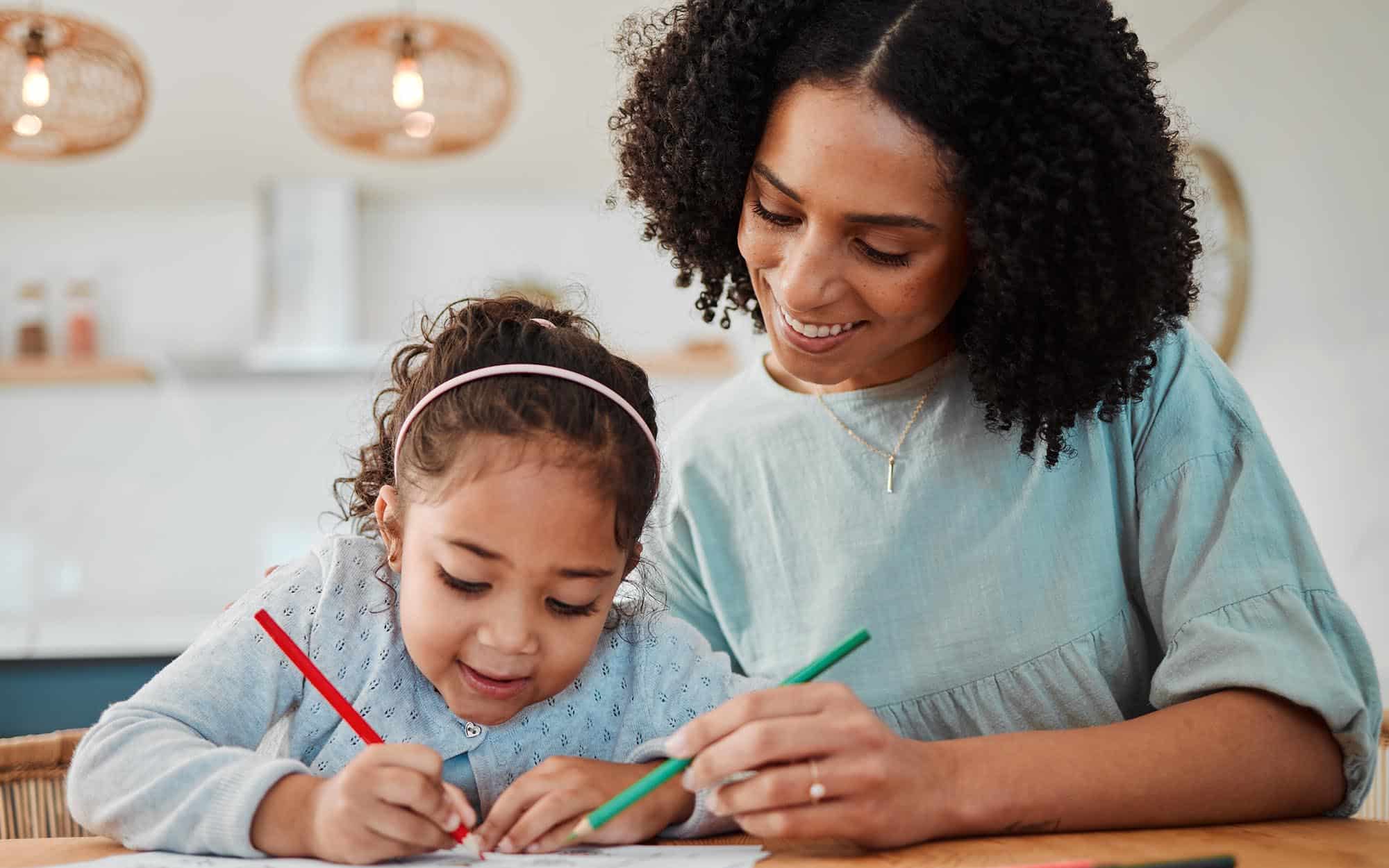Understanding ADHD and Its Impact on Your Child's Communication
Known for its core symptoms of inattention, hyperactivity, and impulsivity, ADHD can significantly interfere with any child’s ability to communicate effectively and behave well in social situations. Kids with ADHD may struggle with a number of things during conversation, including:
- Interrupting or having outbursts
- Fidgeting and not sitting still
- Jumping from one topic to another
- Retaining and recalling relevant information
- Picking up on non-verbal cues, such as body language, tone of voice, or facial expressions
- Missing details or misinterpreting information
6 Effective Ways to Talk to Your Child With ADHD
Create a Safe and Judgement-Free Environment
A safe and judgment-free environment forms the foundation of effective communication with ADHD children. They need to feel comfortable expressing themselves without fear of criticism, which encourages open discussions and reduces the chances of impulsive behavior.
For example, if your child does something wrong, instead of scolding them, discuss why it was not a good behavior and what they can do differently next time. This approach fosters an open dialogue and makes them feel understood and accepted, fostering their motivation to improve.
Focus on Active Listening and Showing Understanding
Children with ADHD often feel misunderstood or unheard, leading to frustration and more incidences of impulsive behavior. Because of this, active listening is a powerful tool for talking to your child with ADHD. Begin by giving your child full attention when they’re speaking and show understanding by repeating back what they’ve said in your own words.
Additionally, use clear non-verbal cues like nodding to affirm that you’re following along. Engage them in conversations by asking related questions to show that you’re genuinely interested and open to their thoughts and feelings.
Be Patient
Patience is another key aspect of successfully talking to a child with ADHD. Due to their short attention span and impulsivity, such children might often forget what they were talking about, or they might take longer than usual to respond.
In these scenarios, practicing patience and waiting for them to speak or remember their point can make a world of difference. This small act can boost their confidence and make them feel valued and heard, improving their communication skills.
Talk About the Challenges Your Child Faces
Being open about the unique challenges children with ADHD face can lead to more effective problem-solving discussions. Discussing issues related to focus, distractions, and managing tasks in school and social situations will also go a long way in helping them feel supported and understood.
Remind Your Child That You're Always Prepared to Listen
It’s crucial to remind your child, both verbally and through your actions, that you’re always ready and willing to listen. Whether they want to share their day’s events, thoughts about a TV show, or their concerns about an upcoming exam, assure them that you’re always there to hear them out. This assurance can significantly improve their self-esteem and improve their communication skills.
Encourage Your Child to Be Themself
Lastly, encourage your child to be themselves and express their thoughts and feelings openly. Appreciate their uniqueness and the unique perspective they bring to the world. An attitude of acceptance and appreciation will motivate your child to be more communicative and confident.
In conclusion, remember that patience, active listening, creating a safe space, and regular discussions about day-to-day experiences can greatly improve how you talk to your child with ADHD. When in doubt, consider seeking expert advice and resources to navigate this journey effectively.
Learn How to Support Your Child With ADHD With Abbey Neuropsychology
Understanding how to talk to a child with ADHD can make a huge difference in their development and mental health. At Abbey Neuropsychology Clinic, we strive to help you and your child develop healthy strategies for navigating ADHD and the challenges it presents for communication. Schedule a call with our team today, and let our experts support you and your child’s unique journey with ADHD.

